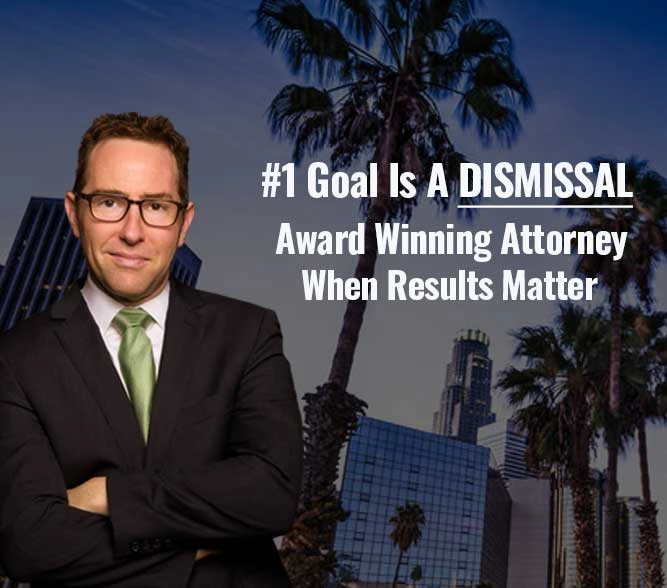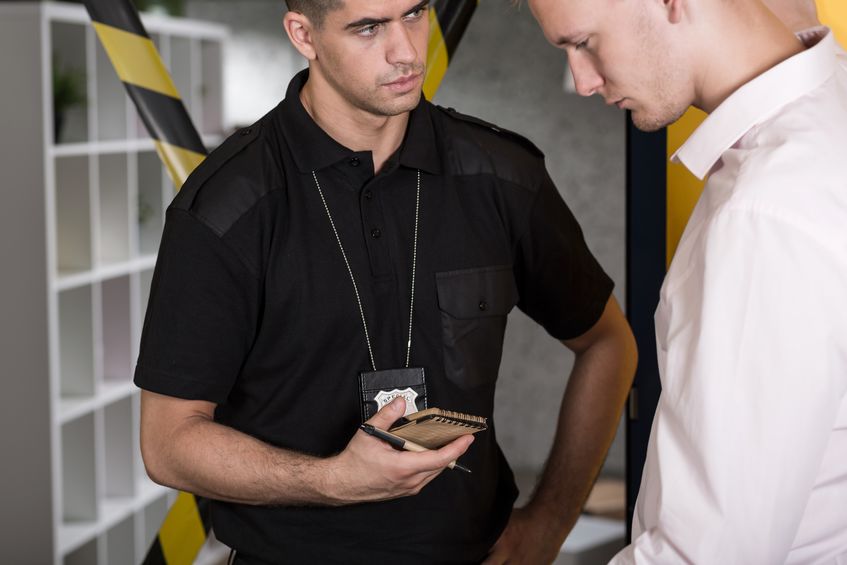If you’ve been charged with a crime and are hiring a defense lawyer to help, you may be wondering if your attorney needs to know the entire truth.
The short answer is: not necessarily.
The longer answer is:
Your Attorney May Not Want to Know The Whole Truth
Some criminal defense lawyers only want to know information that is absolutely necessary to your case. They may want to avoid any potential ethical conflicts that could come with an admission of guilt or having access to otherwise compromising information about their client.
Or, They May Ask You For Every Detail
Other lawyers want to make sure they’re not going to run into any surprises later on down the road when the prosecution makes their case against you. They may ask you to let them know everything that happened, regardless of whether or not it makes you look guilty.
The information you give your criminal defense lawyer is protected by attorney-client privilege, meaning that you won’t be penalized for anything you tell your attorney in confidence.
This is why it’s so important to contact a lawyer as soon as possible after being arrested, before answering any questions. You can talk to your attorney about what happened and let them tell you which questions you should answer and which you shouldn’t.
Understanding Your Lawyer’s Restrictions & Responsibilities
Your lawyer cannot knowingly allow you to commit perjury, or lie under oath. They also can’t bring forward evidence that they know is false. This is why some attorneys will ask to be kept in the dark about certain things; if they weren’t aware or didn’t know you were lying, they cannot be held responsible.
However, a lawyer who does know a client is guilty may still recommend taking the case to trial. For example, if police misconduct would likely cause your case to be dismissed, your admission of guilt in private is largely irrelevant since your defense would primarily focus on evidence suppression and dismissal.
Should You Contact a Los Angeles Defense Attorney After Being Arrested for a Crime?
If you were arrested for a criminal offense in California, your rights are at risk right now and you can’t afford any delays. Contact Los Angeles criminal defense Chad Lewin for an appointment at (800) 458-1488. We offer affordable payment plans to ensure everyone has access to quality legal representation and look forward to serving you in our office.









